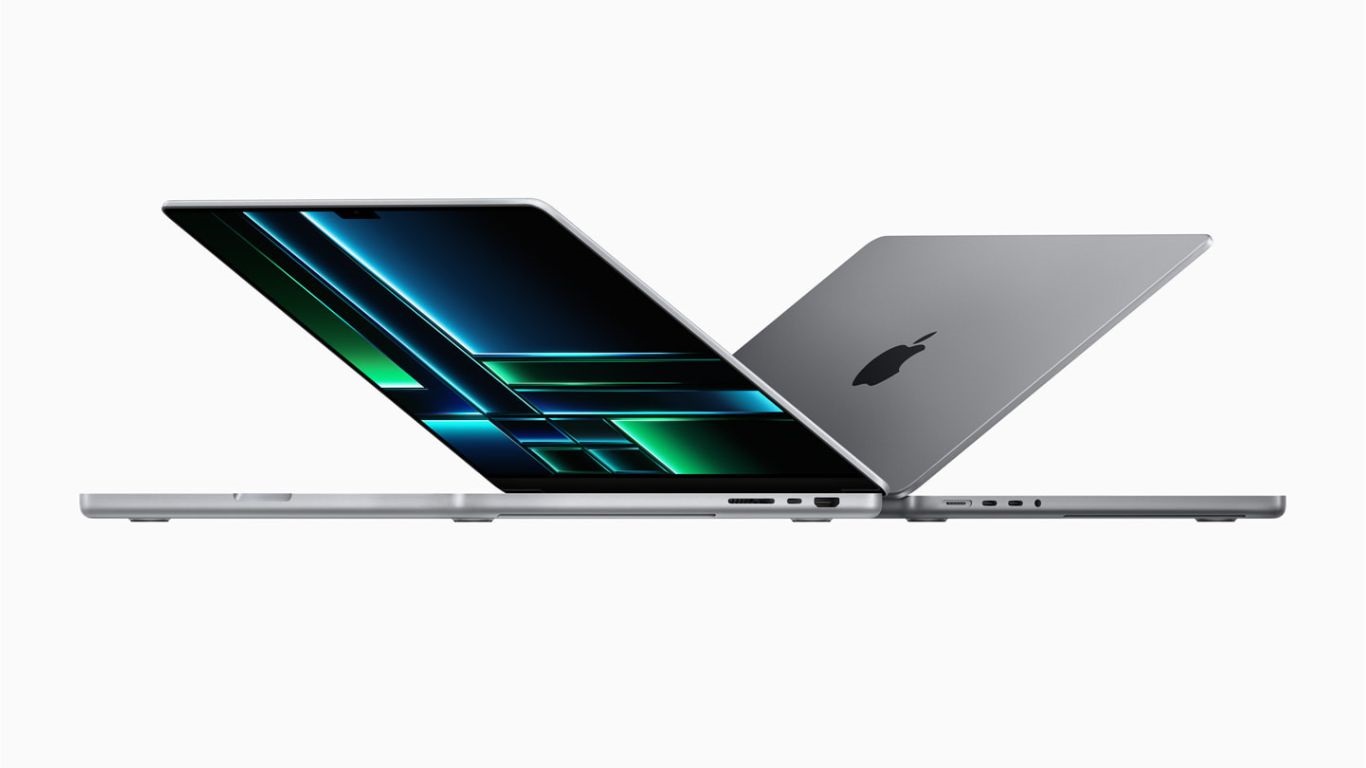The government of India has outlawed the import of laptops, but businesses like Samsung, Apple, Asus, and others still have until October 31 to figure out how to manufacture laptops there. However, it appears as though Apple won’t be able to get on the Make-In-India bandwagon for its MacBooks, which could result in a price rise.
Did you hear that India has banned the import of laptops with immediate effect? You got that right. However, there has been a development in this case. India has banned laptop imports, and at first, the restriction was supposed to take effect right away. The Indian government then decided to extend the deadline for compliance after realizing that it would have resulted in a price increase for laptops marketed by brands like Apple, Dell, Samsung, Asus, Lenovo, and others. By October 31, the government had requested that laptop manufacturers investigate the possibility of producing laptops in India with the aid of a production-linked incentive (PLI).
The PLI application period ended on August 31. Except for Samsung and Apple, all major laptop manufacturers have submitted applications. And that brings us to our next concern: it’s probable that the price of the Apple MacBook will increase significantly after October 31, when the import on computers will take effect.
This is so that Apple can continue to sell MacBooks in India, which are now entirely imported from either China or Vietnam. The iPhone, which Apple is currently manufacturing in India, is an exception to this rule.
Why Apple and Samsung have not applied for the government’s PLI program is still unknown. If they request a special permit, it would be allowed for them to continue importing laptops after October 31. Alternatively, it is possible that they will manufacture laptops in India without taking part in the PLI program.
Whatever the case, there is a good likelihood that the price of a product like a MacBook will increase, especially if Apple experiences delays in obtaining permission for laptop imports or if its supply chain for India is disrupted.
According to Indian IT Minister Ashwini Vaishnaw, the PLI plan has garnered a great deal of support from the public. He added that it has already attracted the interest of around 32 electronic companies. According to Vaishnaw, during a press conference, some well-known companies that have applied for the program include Dell International, Hewlett-Packard (HP), Acer, ASUS, and Lenovo. Notably absent from the list are Apple and Samsung.
Although the government appears to think that the restriction on laptop imports is important to advance the Make In India program, it seems like a severe measure. Today, the majority of IT businesses that sell electronics manufacture or at least assemble their cellphones in India. However, the majority of computers, especially the high-end models, are still imported.
The government issued a regulation on August 3 prohibiting the import of laptops and other gadgets. The notification stated that the import of laptops, tablets, all-in-one personal computers, and ultra-small form factor computers and servers that fall under HSN 8741 shall be “Restricted” and that their import would be permitted only in conjunction with a valid License for Restricted Imports.
Although the order intended to take effect immediately, the government ultimately opted to grant laptop and computer manufacturers a “grace” period. The government subsequently made the announcement that businesses selling laptops in India should sign up for its PLI program and get ready for the new import rule by October 31—the day it would take effect.










